Sega’s RGG Studio has consistently been putting out Like a Dragon games almost every year since 2005’s Yakuza. With the games steadily growing in fidelity as gaming platforms become more high-spec, you would expect the studio to go through significant upsizing to maintain this fast pace of development. However, this is actually not the case, as recently shared by RGG Studio director and Like a Dragon series executive producer Masayoshi Yokoyama.
Speaking to Denfaminicogamer, Yokoyama says that the number of staff working on the Like a Dragon series peaks at around 70-80 people during the studio’s busiest periods. This number has, according to the director, remained relatively unchanged since the first game in the franchise. On the other hand, the members of this development team are not fixed – Sega’s 1st Development Division (RGG Studio’s official name within Sega) counts a total of 300 staff, who rotate between working on different projects and franchises (like Virtua Fighter or Project Century) based on need and priority. With the exception of the Super Monkey Ball team, none of RGG Studio’s developers are strictly dedicated to a single title, which allows the studio to develop multiple projects in parallel.
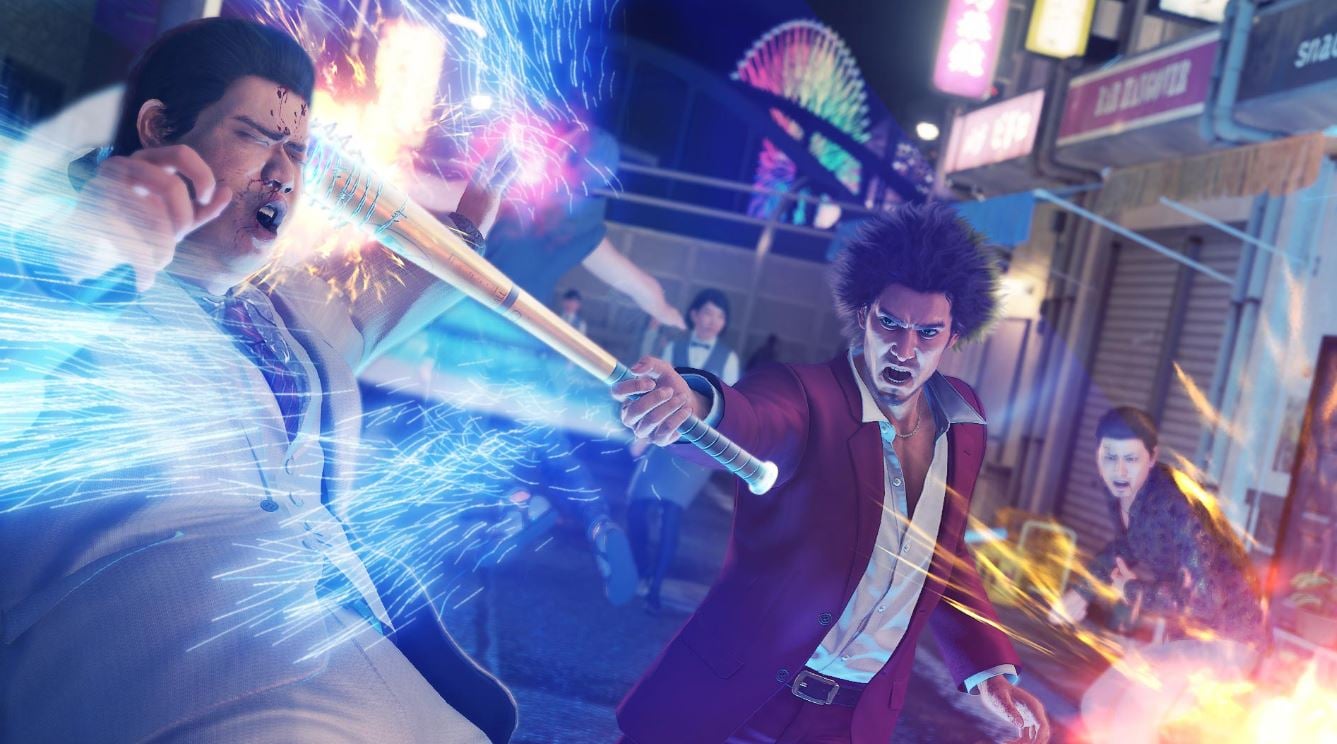
But how has the Like a Dragon team maintained its relatively modest scale despite how much the games have evolved over the years? Yokoyama explains that, while higher spec gaming hardware does generally require a larger development scale and more labor, consoles aren’t the only thing that’s evolved – improvements in RGG Studio’s development environment have allowed them to keep working with the same number of people.
As an example, he cites technology such as 3D scanning, which allows the devs to create a rough 3D model just by scanning a person’s face. “Of course, the amount of labor required has increased compared to the PlayStation 2 era, but it hasn’t risen in proportion to how much hardware specs have evolved,” Yokoyama explains.
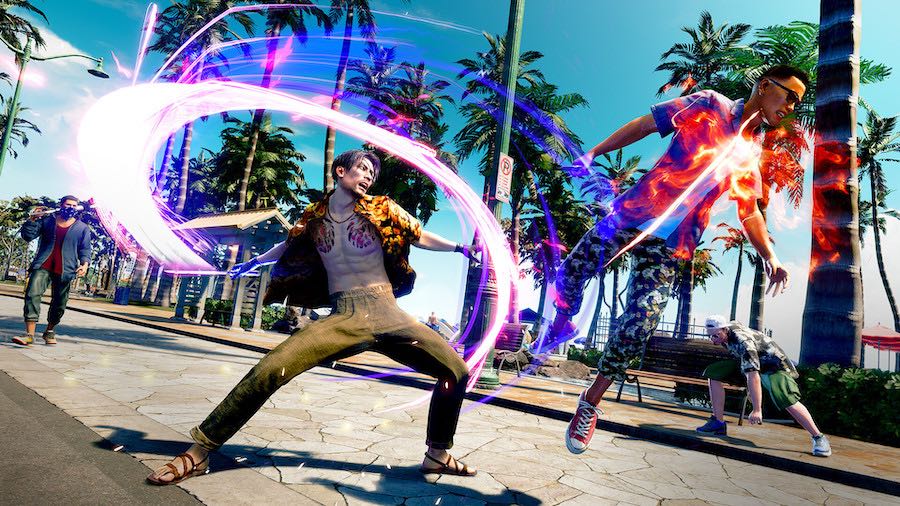
On a related note, RGG Studio is known for striking a good balance between creating assets from scratch and re-using existing assets from past releases, which means they have a growing library of original assets to fall back on – this is likely another decision that prevents labor costs from inflating over time. In addition, the studio’s engineers have made strides in automating testing and debugging of Like a Dragon games, which has massively reduced man-hours required for the process.
Related Articles: Like a Dragon Infinite Wealth’s artists on RGG Studio’s “think for yourself” policy and the series’ progressive technological advancements
Like a Dragon dev says simultaneous worldwide multi-platform releases helped reduce crunch culture

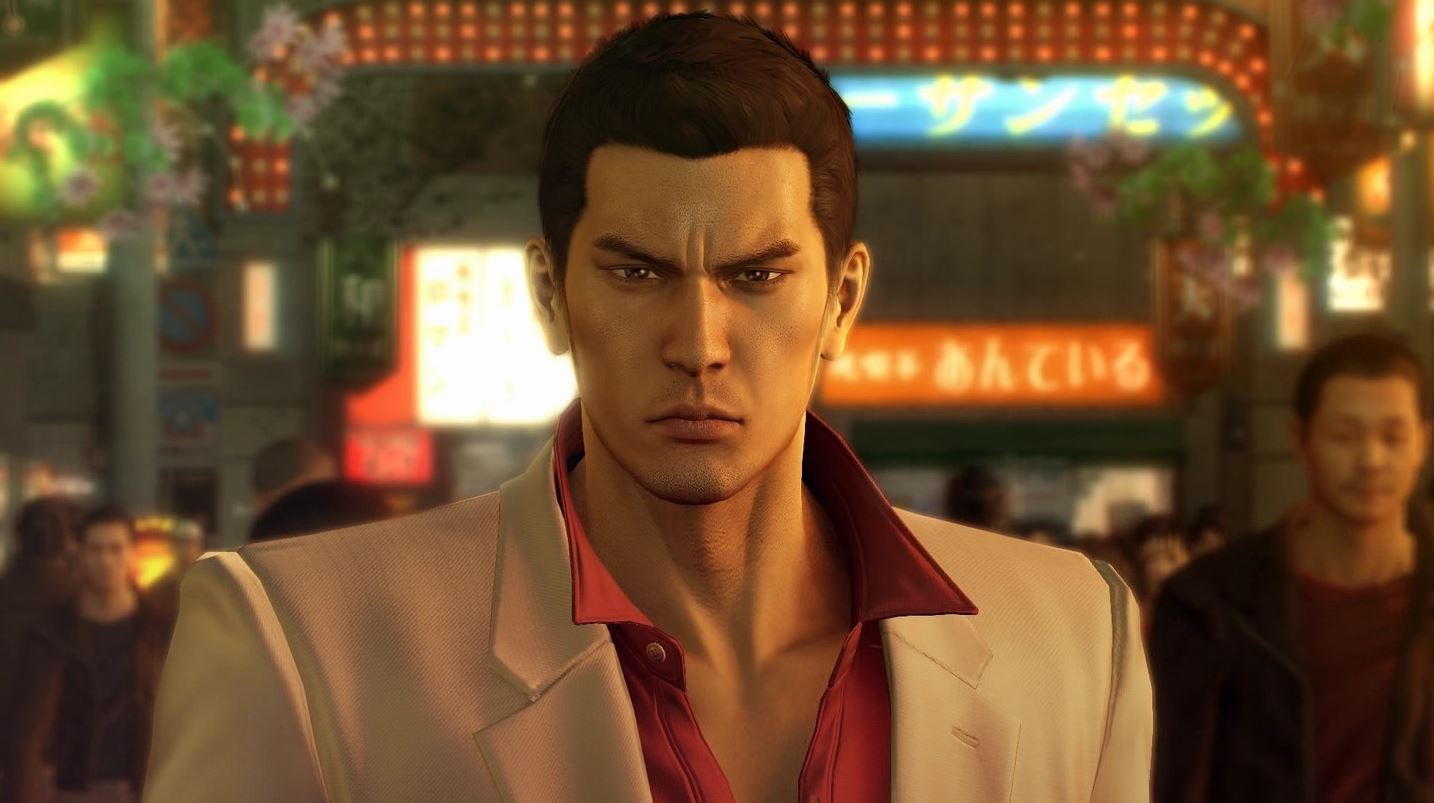

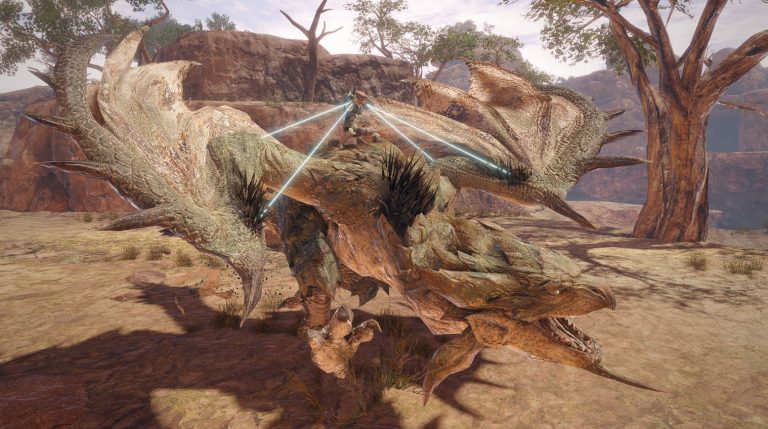
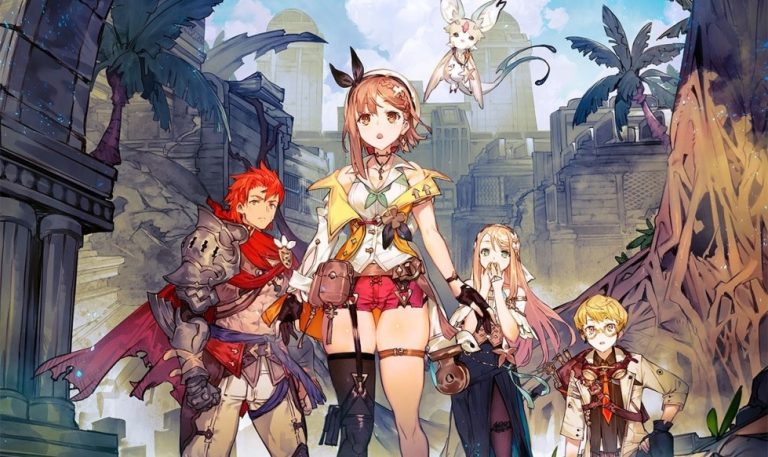

“the number of staff working on the Like a Dragon series peaks at around 70-80 people during the studio’s busiest periods”
How the fuck